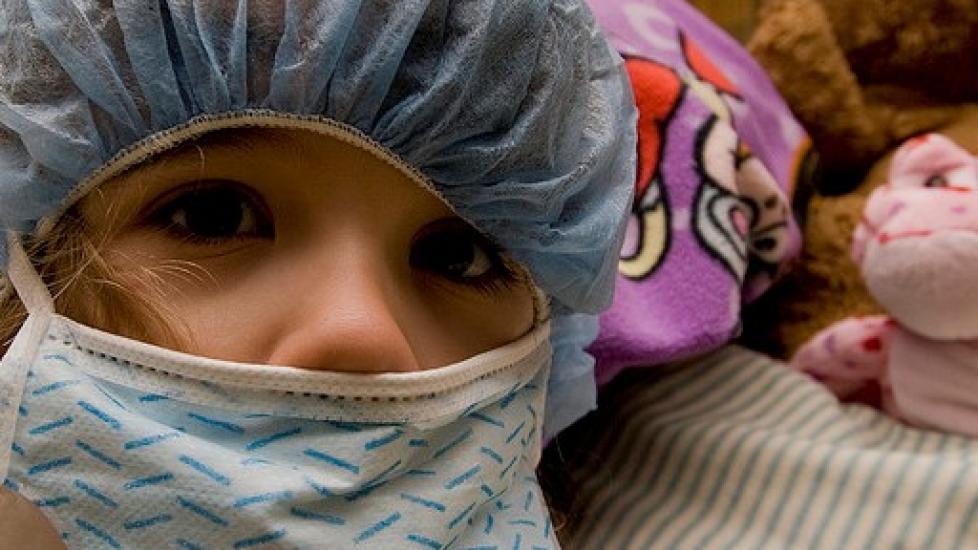Castrating Rocket
One of my roles as a veterinarian is to teach the public about the care of animals as well as impart some facts about biology, physiology, anatomy, bacteriology, virology, pathology, zoonotic disease, and any other –ology that seems relevant to the moment. I enjoy sharing this knowledge mostly because it is near and dear to my heart, but I also like the feeling that I’m sharing something that will help people take the best care of their animals and have a greater appreciation for the life sciences.
Most of the time, my impromptu lectures are one-on-one, as I’m describing the formulation of granulation tissue to a horse owner whose equine companion has a healing flesh wound, or the concept of developing antiparasitic resistance to a goat farmer who is losing his herd to severe parasitism. This type of teaching environment suits me best, as I tend to be a little shy and reserved and not a huge fan of public speaking.
Occasionally, however, I am met with a bigger audience.
Take the case of Rocket. Rocket was a mini horse about two years old at the time of this story. Owned by some of my most favorite clients (some of the world’s nicest people), who owned a smallish boarding stable, Rocket on this day had an appointment with me for castration. One thing I should mention here is that these clients had lots of children. And it seemed like their children had lots of friends. And every one of these kids loved Rocket.
So, as I was setting up the surgery suite, which in this case was the barn aisle, I suddenly noticed a gathering of small people in my peripheral vision. Whispers of "what’s going on?" and "what’s that?" and "what is she doing?" were swirling around until I realized this moment was becoming an uber-teaching moment. I rose to the challenge.
Directing the kids to pull over some straw bales as seats, I explained that Rocket was having surgery. They all sat quietly and watched as I anesthetized Rocket and rolled him onto his back. As I began to make the first incision, I described what I was removing and, if they wanted, the kids were free to don some latex gloves. Then I started tossing testicles.
At first there were a few hysterical screams, but after admonishing words from the parents, the kids overcame their initial revulsion and curiosity got the best of them. Passing the first testicle around, the kids became more interested in the surgery. After a disagreement over who got to hold the testicle next, I assured them a second one was coming and seconds later, after another set of tight ligatures was placed, over my shoulder flew the second one.
One little girl was particularly interested and watching my every move with a keen eye. I love interacting with young people who aspire to be vets themselves and I remembered this kid was such an individual. I was explaining how it’s very important to remove both testicles and that sometimes, one testicle is much easier to remove than the other, but there are always two. Suddenly, the girl asked, "What if there’s a third one?"
I had to pause and ponder that question. A third testicle? I’ve never heard of such a thing. And then I just couldn’t stop laughing.
After the surgery was complete and I walked a groggy Rocket back to his stall to sleep off his sedation, I made sure all testicles (all two of them, that is) were accounted for and in the trash. One kid wanted to take one home but his parents quickly squelched that idea.
Rocket’s owners apologized profusely for the audience but I assured them it was perfect. In what other venue could I do what I love with a rapt audience and have a good chuckle at the end of it all? And this time, the public speaking didn’t even faze me.

Dr. Anna O’Brien
Image: Doc Savannah by Cayusa / via Flickr
